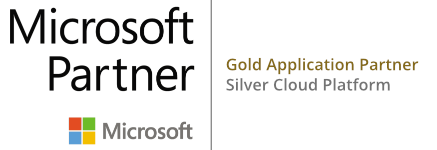[pods name=”webinar_bar” slug=”col1″ template=”Webinar bar col 1″]
Drive faster claims processing to reduce cost overheads and deliver better patient experience
[pods name=”webinar_bar” slug=”col2″ template=”Webinar bar col 2″]
[pods name=”webinar_bar” slug=”col3″ template=”Webinar bar col 3″]
Claims processing in the US today is still very manual, prone to error and inefficient. It is often fraught with inaccuracies and many fraudulent claims still get processed. Staff on both ends of the process suffer early burnouts because of frequent manual intervention that requires arduous research and reviews.
Staff also inputs data manually such as patient history, treatments, medical codes that are error prone and leads to higher rejection rates. Higher claims denials also leads to plenty of back and forth communication between provider and payer leading to delayed claims costs and overheads. In addition, inaccurate claims denials lead to poor customer experience.
With the proliferation of machine learning, natural language processing and artificial intelligence, many aspects of this process can be automated to accrue real benefits such as better patient care and experience, faster claims processing and reduced unnecessary cost and better compliance with regulations.
Benefits
Reduces overall costs and increases efficiencies at every point in the process.
Enables healthcare organizations to improve patient care and achieve cost efficiencies.
Decreases, and in many cases eliminates, human involvement in routine tasks.
Leverages new technology to enable operational efficiencies at scale.
Frees up time for professionals to focus on core tasks that require specialized and clinical experience.
Provides improved visibility and control over the process that aids in debugging when it is required.
Reduces need for reconciliation intervention by stakeholders.
Reduces human interventions substantially when processes pause due to data that cannot be read such as paper notes, faxes, etc.
Typical Use Cases
- AI can automate administrative workflows such as filing claims and medical coding to reduce costs and prevent staff burnout.
- AI-powered RPA platforms can extract data from EHRs to populate claims forms.
- AI-powered smart audit algorithms enable reliable identification of claims that are incorrect, need human intervention or are fraudulent.
- AI power intake processes can accurately collect patient data and prevent bias.
Accurately process pre-authorization claims handed over on faxes and handwritten notes and remove any unnecessary back-and-forth communications. - AI helps identify and mitigate erroneous claims and minimize costs associated with claim denials.
Using AI helps understand the claims payout times and hence the hospital is able to accept a wider range of plans.










